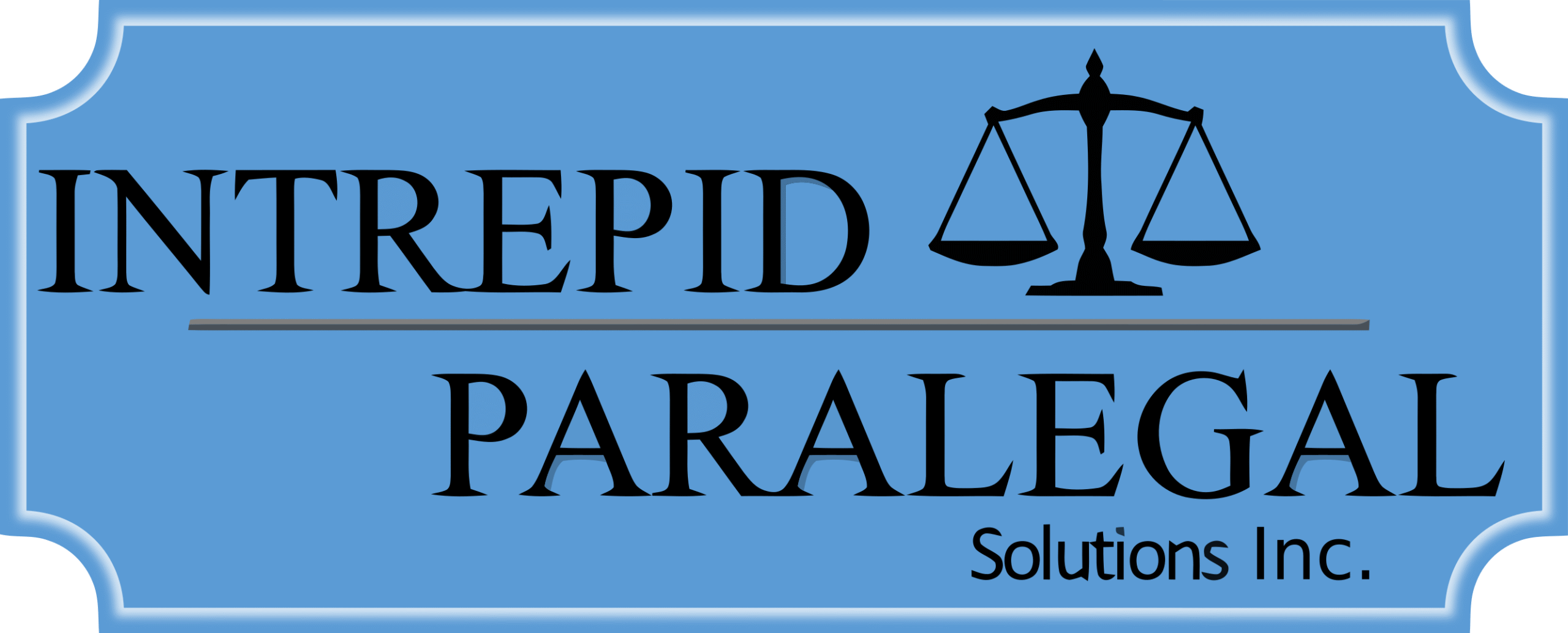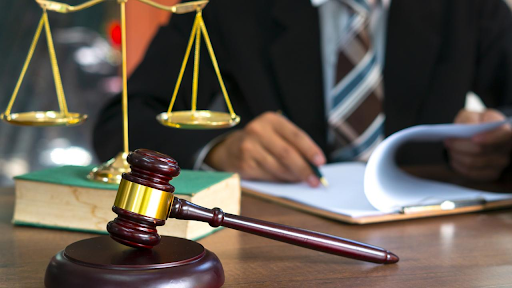The movement for paralegal advocacy has reached a critical juncture with a groundbreaking legal challenge in Maryland. Spearheaded by Intrepid Paralegal Solutions, this case has sparked a nationwide conversation on the need for clear definitions and regulatory oversight within the paralegal profession. The lawsuit against the Maryland Attorney General not only seeks formal recognition of paralegals but also aims to establish a governing body to oversee their work. This landmark case represents a significant step toward professional equality and enhanced legal services, potentially transforming the future of paralegal advocacy.
Evolution of Paralegal Roles
The role of paralegals has evolved significantly over the years, reflecting their growing importance within the legal system. Historically, paralegals were seen as administrative support staff, assisting attorneys with clerical tasks. However, their responsibilities have expanded to include substantive legal work such as conducting legal research, drafting documents, and managing cases.
Despite these expanded duties, the professional recognition of paralegals has lagged. Unlike attorneys, paralegals often need more standardized job descriptions and regulatory oversight. This ambiguity has led to inconsistencies in how paralegals are utilized and valued across different legal settings.
The absence of formal recognition and regulation has created significant challenges for paralegals. With clear definitions and standards, paralegals can avoid barriers to career advancement and professional development. This lack of regulation also impacts the quality of legal services, as there are no uniform guidelines ensuring the competency and ethical conduct of paralegals.
The movement to advocate for paralegal rights aims to address these issues. By pushing for clear definitions, accreditation processes, and regulatory oversight, advocates seek to professionalize the role of paralegals. These efforts are essential for recognizing the critical contributions paralegals make to the justice system and ensuring they have the support and opportunities needed to thrive in their careers.
The Maryland legal challenge represents a pivotal moment in this advocacy movement, highlighting the urgent need for reform and setting the stage for potential nationwide changes in the paralegal profession.
The Maryland Legal Challenge
The legal challenge in Maryland represents a monumental step in paralegal advocacy, spearheaded by Intrepid Paralegal Solutions. This case targets the Maryland Attorney General with the goal of redefining the professional landscape for paralegals. The lawsuit leverages the protections offered by 42 U.S.C. § 1983 and the First Amendment, focusing on two primary objectives:
- Definition of “Paralegal”: Seeking judicial recognition to establish a clear and consistent definition of “paralegal,” addressing the current ambiguity in the legal community.
- Establishment of a Regulatory Body: Advocating for a regulatory body to set ethical and professional standards, ensuring accountability and continuous development within the profession.
At its core, the case underscores the necessity for paralegals to provide legal information and assistance without undue interference. By clarifying their roles and securing their rights, the lawsuit aims to validate the essential contributions paralegals make to the legal system, opening pathways for structured career development and professional growth.
A favorable outcome in this case could set a national precedent, encouraging similar legal actions across the United States. This potential ripple effect underscores the significance of the Maryland challenge, as it not only fights for the rights of paralegals in Maryland but also paves the way for transformative change in the legal profession nationwide.
Legal Arguments and Foundations
The Maryland legal challenge is firmly grounded in two critical legal frameworks: 42 U.S.C. § 1983 and the First Amendment.
- 42 U.S.C. § 1983: This statute, often referred to as Section 1983, provides individuals with a means to seek redress for violations of their constitutional rights by government officials. In the context of the Maryland case, Intrepid Paralegal Solutions leverages this statute to argue that paralegals’ rights are being infringed upon by existing regulations that limit their ability to provide legal information and assistance.
- First Amendment: The First Amendment guarantees freedom of speech, which includes the right to share legal information and advice, as long as it does not constitute unauthorized practice of law. By invoking the First Amendment, Intrepid Paralegal Solutions contends that paralegals should be able to disseminate legal information without facing undue restrictions or penalties.
These legal foundations strengthen the case for paralegal advocacy, emphasizing the constitutional rights of paralegals to perform their duties effectively. By challenging the traditional limitations imposed on paralegals, the lawsuit seeks to secure their ability to provide essential legal support and information, which is crucial for ensuring access to justice, especially for those who cannot afford full legal representation.
Future of Paralegal Advocacy
The future of paralegal advocacy looks promising, with ongoing efforts and strategies to build upon the momentum of the Maryland case:
- Continued Advocacy: Paralegal organizations and advocates are mobilizing to support similar legal challenges and legislative initiatives across the country. These efforts aim to create a unified and standardized framework for the profession.
- Legislative Changes: The success of the Maryland case could inspire lawmakers in other states to introduce bills that recognize and regulate paralegals. This legislative push would help standardize the profession nationwide.
- Community Involvement: Paralegals and supporters are encouraged to engage in advocacy by joining professional organizations, participating in discussions, and supporting legal reforms. Grassroots involvement is essential for sustaining the momentum of the movement.
- Educational Initiatives: Increased focus on education and training for paralegals is critical. By enhancing educational standards and providing continuous professional development opportunities, the profession can ensure that paralegals are well-equipped to meet the demands of their roles.
- Professional Associations: Strengthening professional associations for paralegals can provide a collective voice to advocate for their rights and interests. These associations can also offer resources, support, and networking opportunities for paralegals.
Advancing Paralegal Advocacy
The Maryland legal challenge, led by Intrepid Paralegal Solutions, represents a pivotal moment in the fight for paralegal rights. By seeking to define the role of paralegals and establish regulatory oversight, this case has the potential to transform the profession. The implications of a favorable outcome extend far beyond Maryland, offering a blueprint for nationwide reforms.
The voices of paralegals, legal experts, and advocates underscore the importance of this movement. Their personal stories and professional insights highlight the urgent need for change and the benefits that standardization and regulation can bring to the profession.
As the legal battle continues, paralegals and supporters need to stay engaged and advocate for their rights. With continued efforts, legislative changes, and community involvement, the paralegal profession can achieve the recognition and respect it deserves, ultimately enhancing the quality and accessibility of legal services for all.

